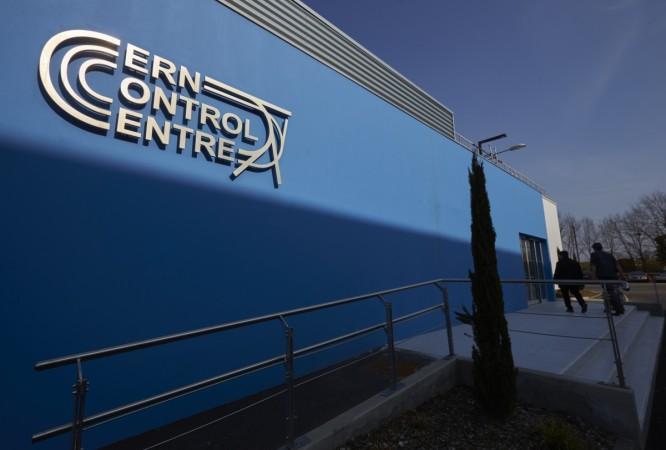
India has officially become an associate member of the European Organisation for Nuclear Research, known as CERN. The decision came more than two months after the CERN Council approved India's application for associate membership.
The agreement for the membership to CERN was signed in Mumbai on Monday by Dr. Sekhar Basu, chairman, Atomic Energy Commission, and secretary, Department of Atomic Energy, and CERN director general Dr. Fabiola Gianotti.
[READ: India to become associate member of CERN]
India will now be allowed to attend the organisation's sessions and meetings. However, the country cannot take part in the decision-making process although it will receive council documents.
CERN is world's largest particle physics laboratory that is associated with the Higgs Boson or the God particle. Established in 1954 with its headquarters in Geneva, it has 22 member states and four associate member states. Israel is the only non-European country granted full membership to the organisation. Scientists and engineers are probing the fundamental structure of the Universe in the laboratory by using the most sophisticated scientific instruments and advanced computing systems.
How India became a member of CERN
Indian scientists' participation in CERN programmes dates back to the early 1960s. It became much stronger during the last 25 years with the support of the Department of Atomic Energy (DAE) and Department of Science and Technology (DST).
DAE signed a formal agreement with CERN in 1991. India was awarded the Observer status of CERN, and subsequently invited to join the organisation as an Associate Member in 2003 in recognition of its significant contributions.
Indian scientists have been involved in several pioneering activities at CERN, making significant contributions in the construction of the Large Hadron Collider (LHC), the ALICE experiment, and the Compact Muon Solenoid (CMS) experiment, which is one of the two experiments that led to the discovery of the Higgs Boson.
In 2015, the government agreed to join CERN as an Associate Member. The CERN Council adopted a resolution on September 15 2016 to approve India's request to become an associate member of the organisation before it was formally approved on November 21.
As an associate member of CERN, India will be a part of huge scientific and technological endeavours. The association will enhance the participation of young scientists and engineers in various CERN projects. It will also open opportunities for Indian industries to participate directly in the CERN projects.













